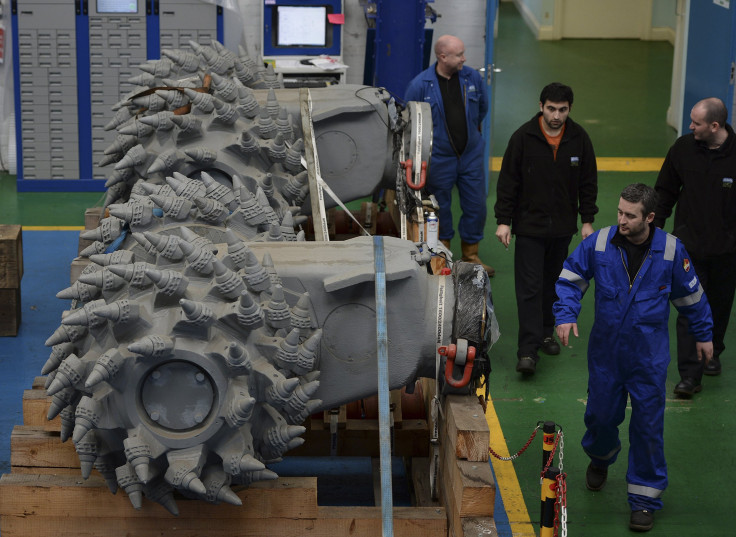NGOs: Study of world's first deep sea mine is misleading, fails to account environmental and social impact

A coalition of non-government organisations and citizens from the Pacific, Australia, Canada and the US has expressed fresh opposition against the world’s first deep sea mine, situated in the Bismarck Sea of Papua New Guinea. The group, called Deep Sea Mining Campaign, launched a new critique which seeks to discredit the environmental and social benchmarking analysis, or ESBA, of the proposed Solwara 1 project commissioned by Nautilus Minerals.
Nautilus commissioned a US-based consultancy firm, Earth Economics, to write the report which compared the social and environmental impacts of the Solwara 1 deep sea mining project to existing and proposed land-based copper mines. The critique, titled Accountability Zero, was presented during the 2015 Asia Pacific Deep Sea Mining Summit.
In the critique, the group highlighted the ESBA’s failure to account for the social, cultural and economic values of oceans. This, they say, is in spite of the fact that the Bismarck Sea underpins local culture and provides sources of food and livelihood opportunities surrounding coastal communities. “By using metrics that bear no relevance to deep sea and marine environments, the Solwara 1 ESBA values at zero the ecosystem goods and services provided by deep sea and marine ecosystems. The ESBA report fails to meet the well accepted requirements of a cost-benefit analysis,” said Francis Grey, co-author of the critique and founder of Economists at Large, a team of economists working to create a sustainable economy, society and environment.
The critique also questions the comparison made in the ESBA with selected land-based mines. The authors note that terrestrial and marine ecosystems are extremely different and while much is known about the impact of mines on land, there is no equivalent information for the marine environment, as no deep sea mine has yet been developed.
According to Dr Helen Rosenbaum, co-author of the critique and coordinator of the Deep Sea Mining Campaign, the ESBA fails to provide a framework to assist decisions about the advisability of Solwara 1 or of any other deep sea mining project. She said the use of the ESBA for decision-making purposes would lead to very poor public policy outcomes. Rosenbaum also warned that the risk of unexpected costs and losses due to unpredicted environmental and social impacts is high and could leave coastal and island communities carrying the brunt of the burden into the long term.
In January 2011, Nautilus received the first licence for the Solwara 1 deep sea mining project, which has been met with local and international opposition from various environmental groups. The company, which will begin production in 2018, is yet to release the environmental management plan for Solwara 1. According to Professor Richard Steiner of Oasis Earth, the release of the Solwara 1 Environmental Management Plan is critical to independent examination and feedback in the public domain by investors, civil society and governments, he added.
Accountability Zero is endorsed by a coalition of economists, scientists and civil society groups, including Earthworks, Mining Watch and Oasis Earth Canada.
Contact the writer at feedback@ibtimes.com.au or tell us what you think below.





















